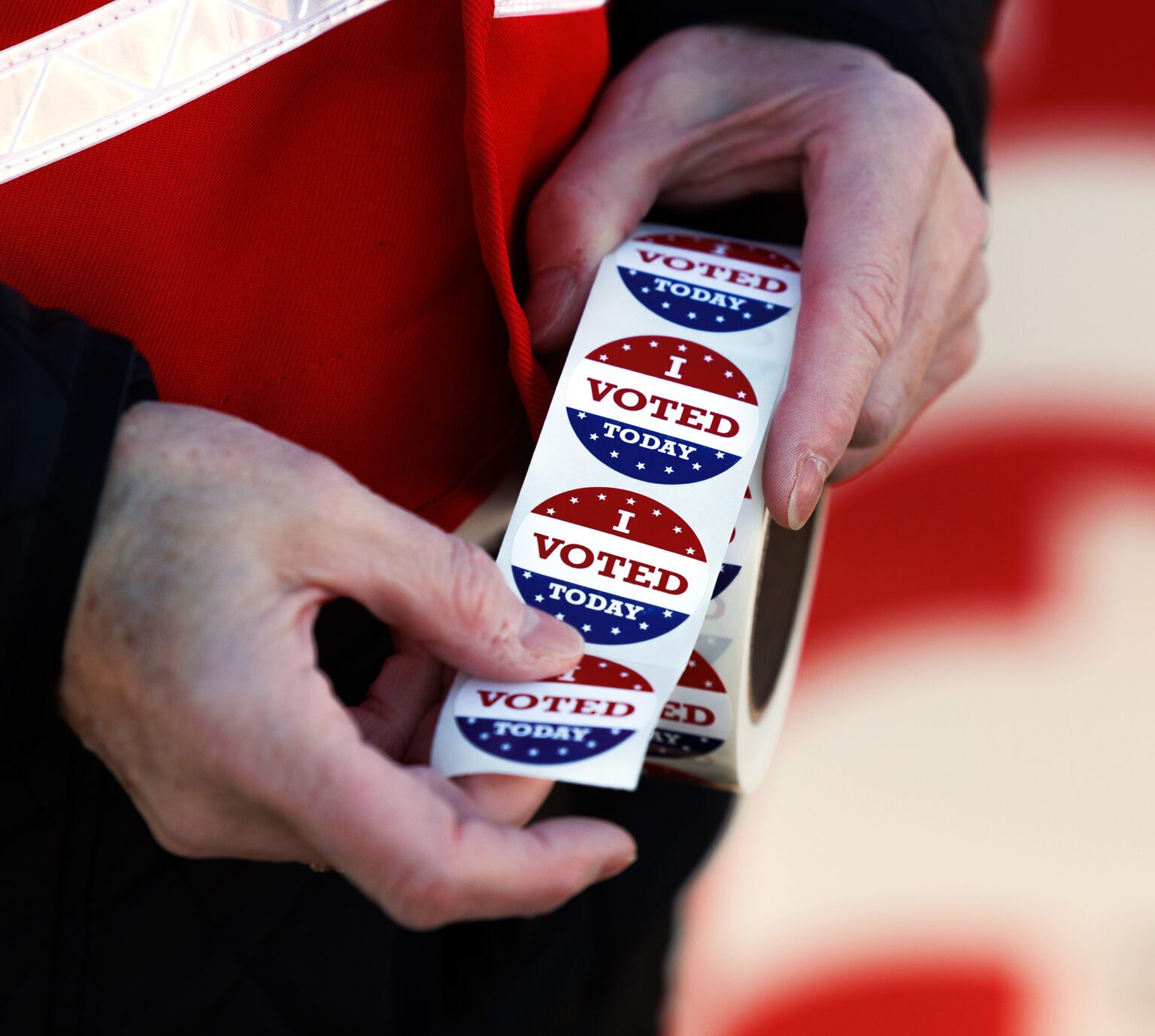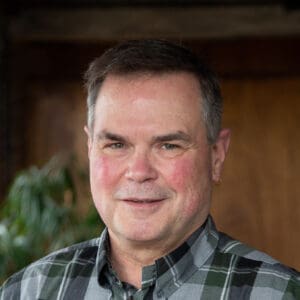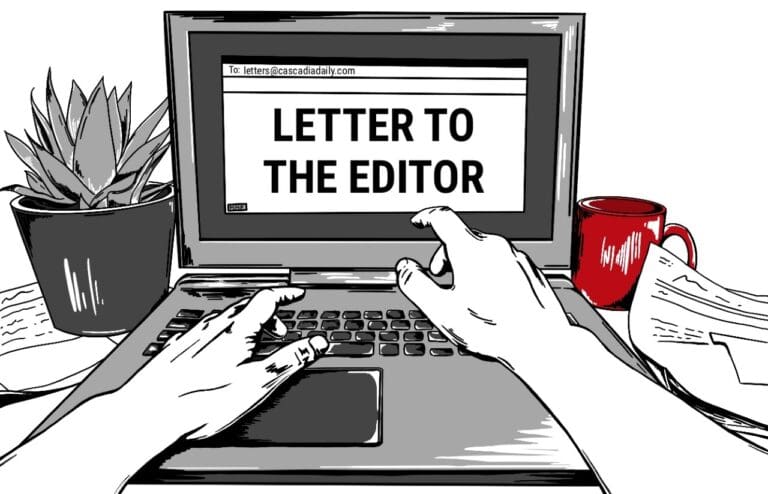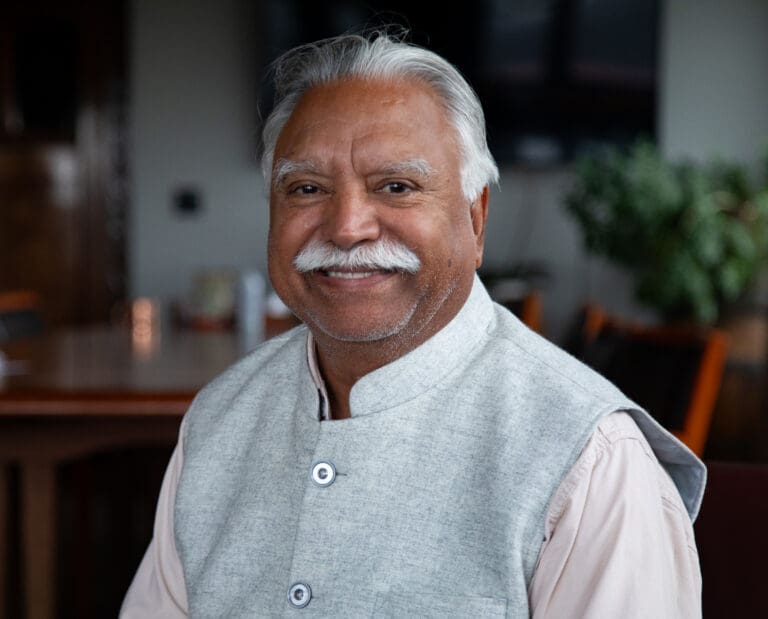Q: What’s the biggest surprise so far about the (ongoing) 2023 Whatcom County general election?
A: Easy: The hefty yes vote for Prop 4, a sales tax increase to build a new jail and fund behavioral health and diversion programs.
In its endorsement of the measure, CDN’s editorial board framed Prop 4 as a hold-your-nose-and-vote-for-it proposition. The need for a tax boost for a jail and other programs was made clear by a process that qualifies as extremely broad-based. But the clunky translation into an actual tax measure — and campaign — left many a hole for jabbing by critics with their own agendas.
But in the end, the urgent need to the public finally became plain.
Q: What made this measure pass when two prior, similar measures failed?
A: Public education surely helped. Increased media attention to the history of the troubled current facility, including a deeply reported series in our own publication, took voters inside the jail for the first time, laying bare the paltry conditions not only for those incarcerated, but for professionals who work there. A YouTube video tour of the jail also was widely circulated before the election.
My take: People seeing the jail with their own eyes tended to favor a fix, even if that meant taxing themselves via an already regressive tax structure.
Beyond that: There seems a general sense among the significant part of the population that hell-in-a-handbasket times are here, and space to detain — and ultimately help, via behavioral health and diversion programs — some of their fellow citizens is long overdue.
Q: Why didn’t CDN write a story about some alleged “scandal” we emailed you about, right before the election, involving my least-favorite candidate?
A: You’ve answered your own question. As a career reporter, I come from a longstanding newsroom tradition of applying a high-bar standard for stories — especially those suggested by obvious political opponents and their lackeys — about candidates on the very brink of an election.
Some of these stories might be legitimate, and necessary. But many fail to pass the test that gets to the root of our news ethics: Why wasn’t the tip in question, even if it pans out, passed along earlier? As a general rule, we avoid publishing stories that might be damaging to a candidate without sufficient time for that candidate to respond. It’s simple fairness.
In the “old” days, when everyone literally turned in their ballots on a given Tuesday, all at once (kids: ask your grandparents), a general rule was to avoid such stories up to a week before Election Day. Now, with a large portion of the public voting early through the mail, that period needs to be extended.
In our newsroom, that means an extra layer of scrutiny, deeper reporting and considered thought about any potentially damaging story about a candidate after ballots are in voters’ hands. A similar standard applies to letters to the editor.
Just for the record: That thought process, and ethical practice, resulted in our consideration of, reporting on, and ultimately deciding not to produce several stories this election cycle.
In other instances, our reporters checked into various purportedly scandalous matters bandied about as fact on social media, and simply decided the subject in question didn’t hold up, or rise to the importance of a story.
There’s no way to announce that, of course, without publicly repeating the original assertion. This leads to all manner of ill-informed speculation among online prognosticators that we are somehow “protecting” Candidate A from a deserved fate.
Also, for the record: This, too, occurred on more than one occasion in this election cycle, involving candidates from both sides of the political spectrum. A critical part of news judgment is knowing what not to publish.
Q: Will CDN continue its “Citizens Agenda” approach to crowd-sourcing election coverage?
A: Absolutely. We are encouraged by the growth in scope and public participation in the Citizens Agenda, through which we attempt to steer pre-election discourse toward real issues of concern to voters.
We’ve learned a lot over two full cycles. Next time around, for instance, we’ll do a better job of combining/rephrasing the most popular questions submitted by readers to ensure there are no repeats in the lists submitted to candidates. Other fine-tuning will come into play. Thanks for everyone’s suggestions, and keep them coming.
Q: Given your recent position on tax funds and outdoor/indoor recreation, are you disappointed the Greenways 5 levy is passing?
A: Of course not. Public funding for recreation needs is a good thing. And a community coming together to tax itself for a single agreed-upon purpose is laudable. I’m neither surprised nor disappointed to see the measure passing with its customary two-thirds margin.
But I stand by my earlier point that it’s time for a renewed examination of how excess funds gifted by residents might best be spent moving forward. And I’ll stick to my call to use some current Greenways funds to set a path forward for meeting future needs of indoor and covered recreation facilities.
Some perspective: I’m a lifelong trails/parks advocate who has written multiple guidebooks extolling the virtues of same. But I voted no (!) on Greenways 5 as a protest, hoping enough others would do the same to send a message to the city and Greenways Committee members: The needs and demands of the city need to adapt to the expectations that come with changing city size and demographics.
Time will tell if that message is heard. But officials holding the purse strings for self-assessed discretionary tax money will ignore these stirrings at their own peril.
Ron Judd’s column appears on Fridays; ronjudd@cascadiadaily.com; @roncjudd.





Party chair: We must hold all leaders — including Democrats — accountable